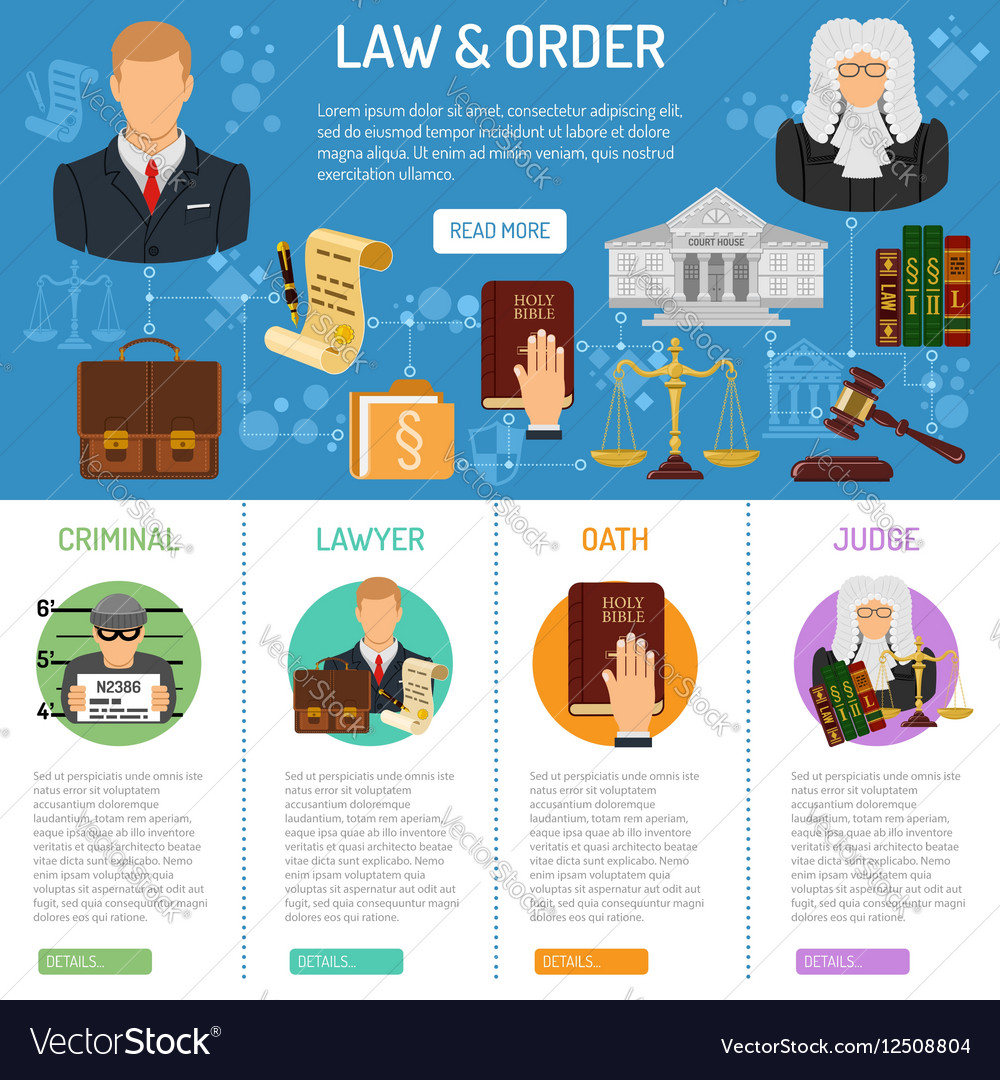The Function Of Proof In Criminal Defense: Important Facts You Must Know
The Function Of Proof In Criminal Defense: Important Facts You Must Know
Blog Article
Created By-Akhtar Bright
When you think about criminal defense, evidence is frequently the first thing that comes to mind, and completely reason. It's the structure whereupon your case stands, forming the story and influencing the court's perception. Various sorts of proof, from physical to electronic, each play a distinct duty in developing a protection. However not all evidence is treated equally; admissibility standards can make or damage your defense strategy. Understanding these subtleties is essential, specifically when thinking about exactly how they can influence the end result of a trial. So, what should you understand about these requirements?
Kinds of Proof
When it pertains to criminal defense, understanding the types of evidence can make all the distinction in your instance. Proof falls under several groups, each playing a crucial function in developing the realities of your scenario.
One typical kind is testimonial proof, which includes statements made by witnesses. Their accounts can supply insight into what took place and can either support or test the prosecution's claims.
Physical proof is one more vital type, encompassing tangible items like tools, apparel, or fingerprints. This kind of proof can directly link you to a crime or help refute allegations against you.
Then there's docudrama evidence, which includes records, photos, or any written materials important to your instance. These records can offer a timeline or context that's necessary for your defense.
Lastly, you can not overlook digital proof, that includes data from mobile phones, computer systems, or social media. This kind of evidence can disclose important info concerning your tasks or communications.
Admissibility Specifications
In criminal defense, the admissibility of proof is essential to your situation's result. You'll require to comprehend the standards that identify whether evidence can be used in court. Usually, evidence needs to matter, dependable, and obtained legally to be considered acceptable.
Relevance means the evidence has to directly relate to the instance and assistance verify or disprove a reality at issue. If it doesn't link to your defense or the costs against you, it may be excluded.
Dependability ensures that the proof is qualified and trustworthy; as an example, eyewitness testament can be cast doubt on if the witness has a history of unstable accounts.
Furthermore, proof must be collected according to lawful procedures. Any kind of proof obtained via illegal ways, such as an illegal search or seizure, might be considered inadmissible under the exclusionary policy.
Understanding these standards can empower you to function effectively with your lawyer. They'll browse the complexities of these rules to enhance your protection, making sure only the very best proof exists in your support.
Constantly keep in mind, the admissibility of evidence can dramatically influence the jury's assumption of your case.
Influence On Protection Approaches
The admissibility of evidence straight shapes your defense techniques. When proof is considered admissible, you can use it to develop a strong situation. Conversely, if evidence is ruled inadmissible, you need to pivot your approach. Understanding what evidence the prosecution can provide assists you anticipate their arguments and prepares you to counter them effectively.
You'll intend to focus on celebration evidence that supports your protection. This could include witness declarations, specialist statement, or files that challenge the prosecution's insurance claims. The objective is to create practical doubt psychological of the jurors. If certain pieces of proof are weak or controversial, you might take into consideration a technique that stresses various other strong facets of your situation.
In addition, the type of evidence-- whether it's forensic, testimonial, or digital-- will determine just how you connect your defense. You'll require to craft engaging stories that resonate with the court while making use of acceptable proof to back up your cases.
Inevitably, your approach needs to be flexible, permitting you to adjust as new evidence comes to light or as judgments are made. Each choice you make ought to straighten with the goal of making certain the very best feasible result for your case.
Verdict
In criminal defense, proof plays a critical role fit your instance. By comprehending the various types of evidence and their admissibility standards, you can reinforce your defense method and develop practical uncertainty psychological of jurors. Collaborating carefully with your legal guidance makes sure that your proof exists properly and adapts to any brand-new developments during the trial. Inevitably, Visit Homepage can make all the difference in attaining a desirable end result.
